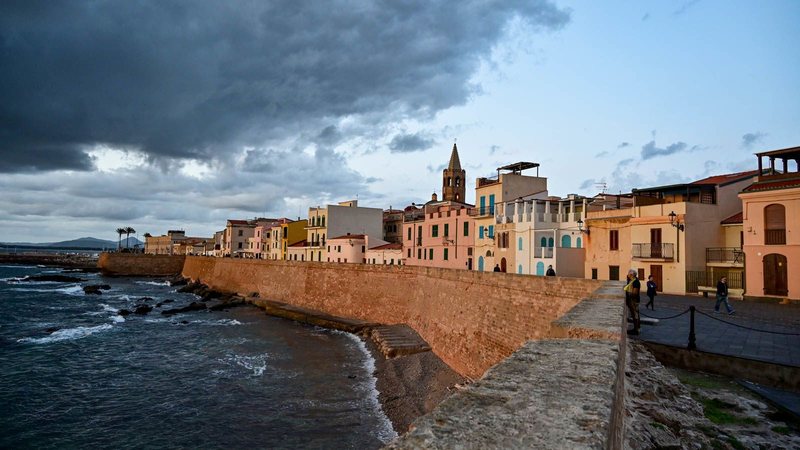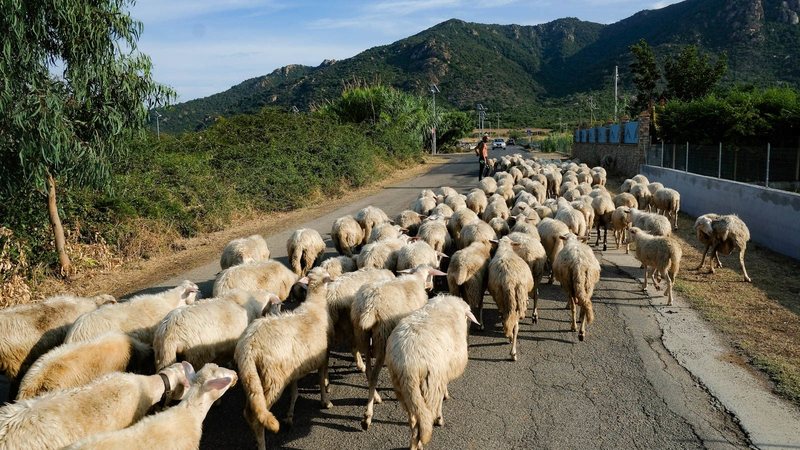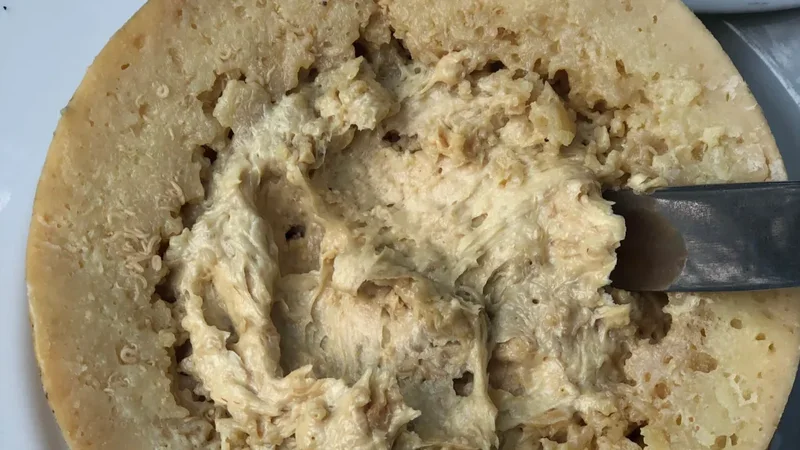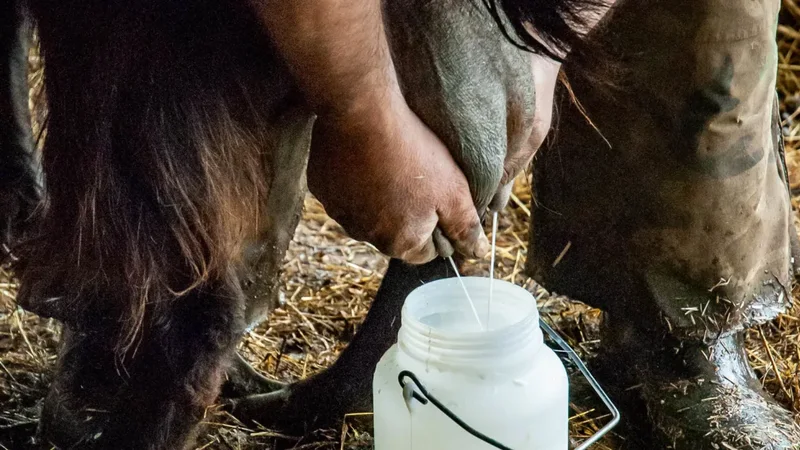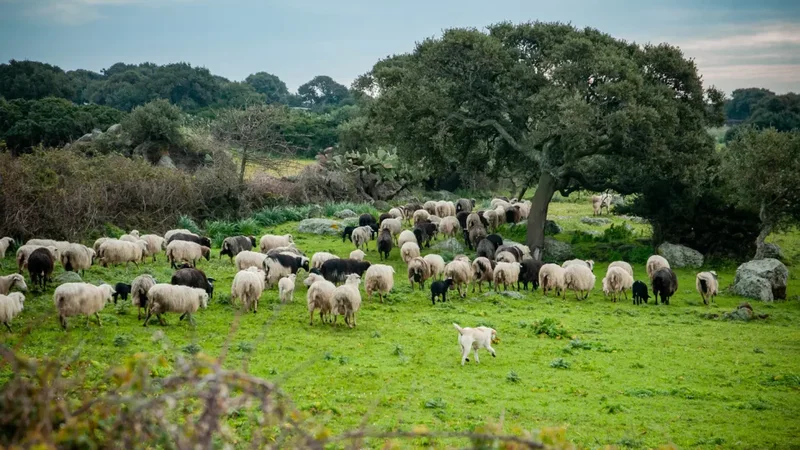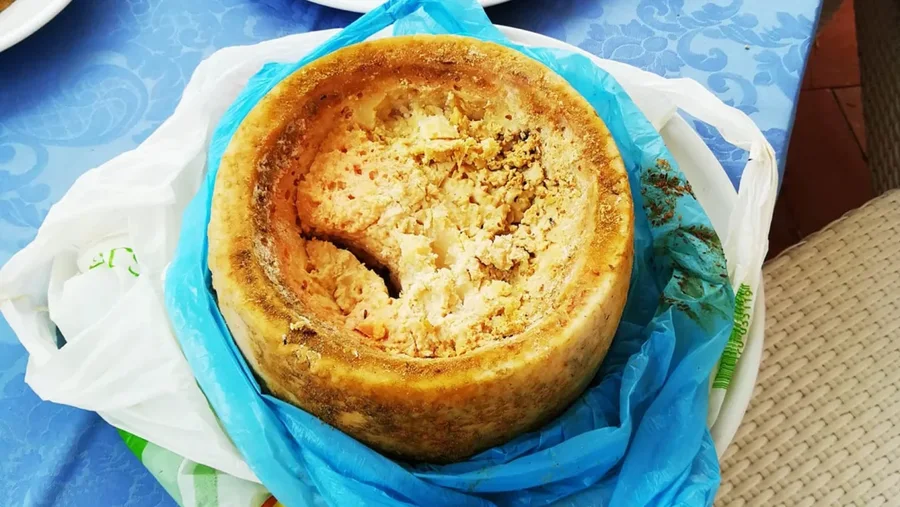
In the heart of the Mediterranean, the Italian island of Sardinia hides a centuries-old tradition, as unique as it is contested: the production of casu marzu, cheese with maggots. This particular product is considered one of the most dangerous cheeses in the world and is banned for commercial sale, but it continues to be part of the local food culture.
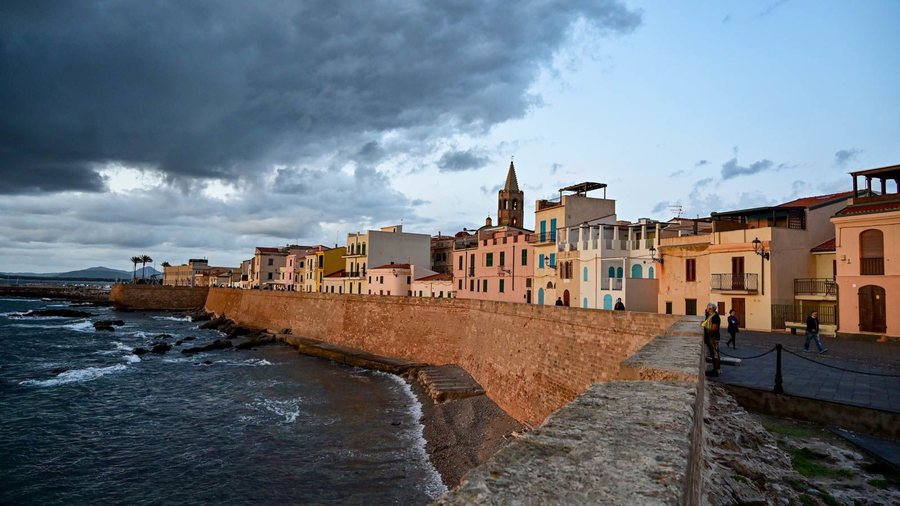
Casu marzu starts out as a regular pecorino, called fiore sardo. But its process takes an unusual turn when the Piophila casei fly lays its eggs in it. When the larvae hatch, they process the cheese, making it softer and creamier. This transformation turns the cheese into a delicacy for those who value tradition and dare to taste something different.
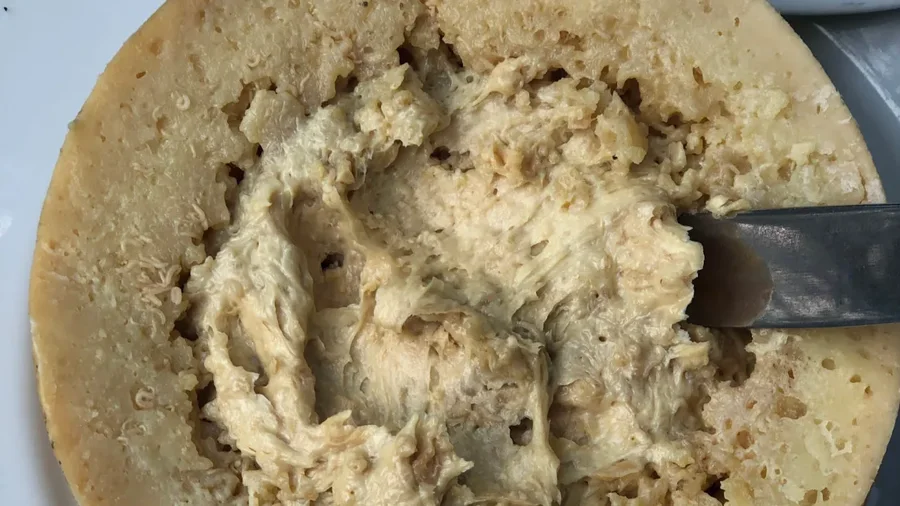
The moments of consuming this cheese are not for the faint of heart. When it is opened, the larvae begin to move erratically. Some prefer to consume it as is, while others put it in a centrifuge to mix the larvae with the cheese. The taste is strong, with a rich aroma that takes you back in time, to the Mediterranean pastures of the island.
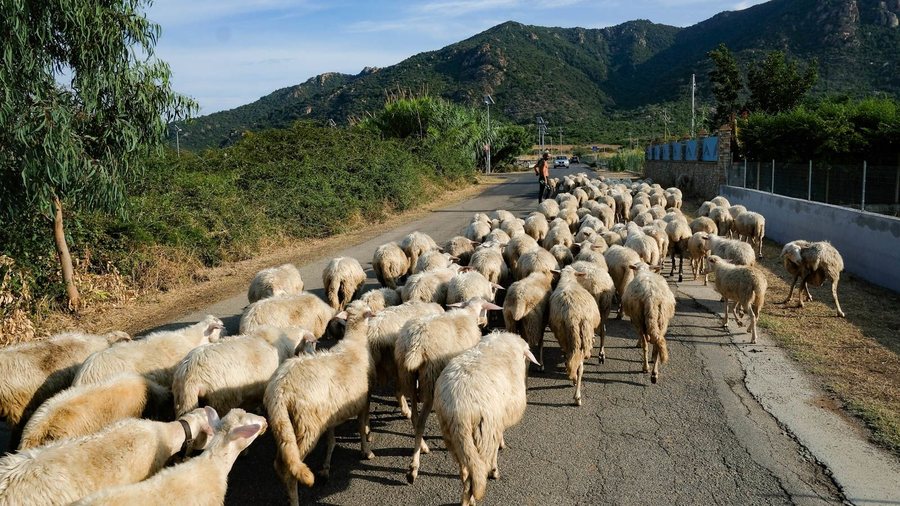
Although there are health concerns about its consumption, such as the possibility of larvae surviving in the digestive system, there are no documented cases of serious health problems. For locals, casu marzu is more than a food – it is a tradition, a symbol of their heritage.
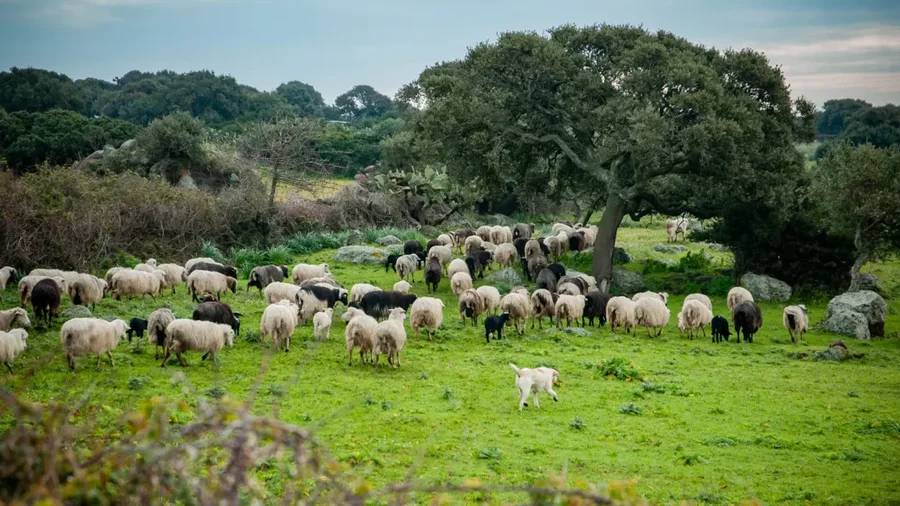
Despite legal prohibitions, the cheese continues to be produced and consumed clandestinely by locals and lovers of exotic foods. For some, it is a childhood memory, for others, a unique gastronomic experience. Casu marzu remains a living testament to Sardinia's archaic cuisine and an example of unusual ways of fermenting food that could shape the future of gastronomy.
 (A2 Televizion)
(A2 Televizion)

